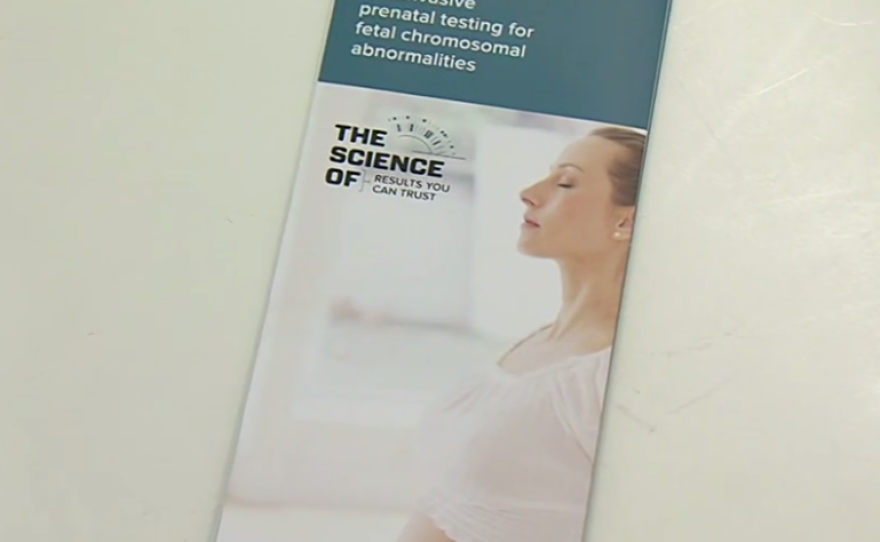San Diego-based biotech company Sequenom should not have been issued a patent on its increasingly popular prenatal test, according to a federal appeals court ruling delivered Friday.
Sequenom's MaterniT21 test analyzes bits of fetal DNA floating inside a mother's blood to spot problems like Down Syndrome.
One of the plaintiffs in this case, Ariosa Diagnostics, makes a similar test and had faced patent infringement complaints from Sequenom.
Such tests have become increasingly popular in recent years because they require only a blood draw, and unlike invasive tests such as amniocentesis, they don't jeopardize the health of the fetus.
The court called Sequenom's test beneficial to women, but not eligible for a patent because it covers a "natural phenomenon."
Circuit Judge Jimmie Reyna wrote in the court's opinion, "even such valuable contributions can fall short of statutory patentable subject matter, as it does here."
The court cited a 2013 case, in which the Supreme Court overturned a patent held by Myriad Genetics. That patent covered genes strongly related to breast cancer risk.
"This outcome was predictable," said San Diego attorney Lisa Haile, who specializes in biotech patents. "Almost any naturally occurring product you can think of is being rejected based on these prior cases."
The decision prevents Sequenom from claiming an exclusive right to offer such tests, but Haile says that could give pregnant women greater access to a variety of testing options.
"It opens the doors to competitors coming into the market," she said. "Patients will have increased access."
Friday's decision upholds a lower court's previous move to invalidate Sequenom's patent.
Sequenom issued a statement on the ruling Friday afternoon, claiming, "As a practical matter, the Company believes that the ruling has little business impact, as it has been operating under the District Court's invalidity ruling since October 2013."
The statement goes on to say that Sequenom "is considering its options for further appeal."






